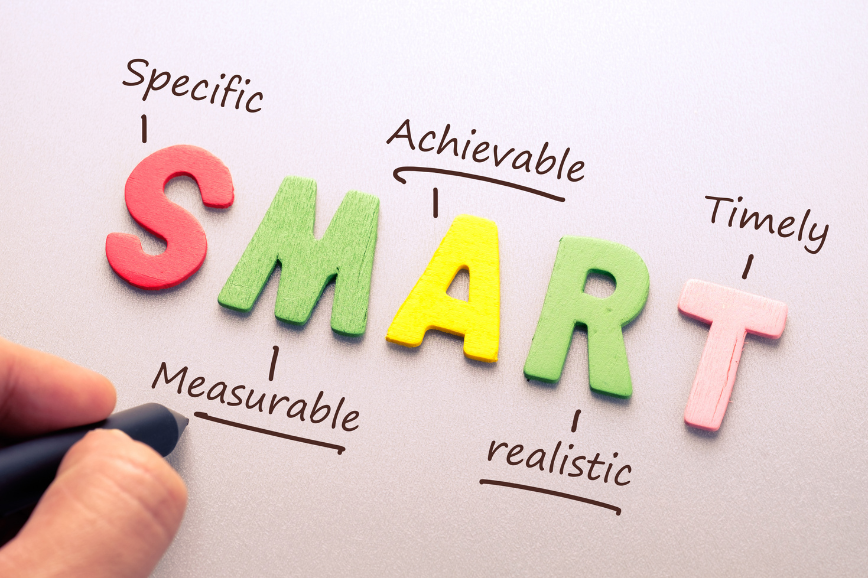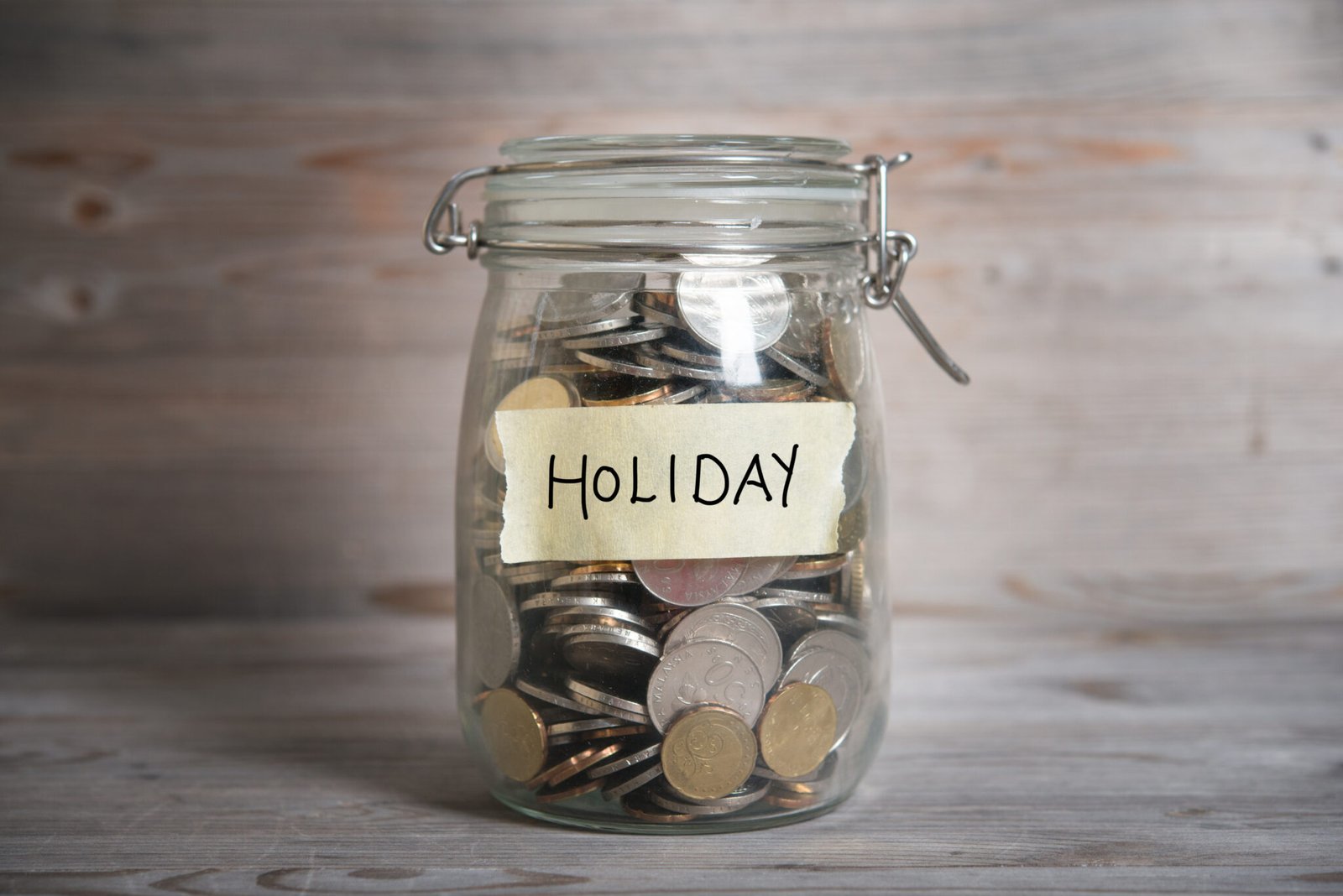21 Frugal Skills That Add Value to Every Penny Spent
Looking for the frugal skills that add value to every penny spent?
It starts by highlighting the importance of budgeting, emphasizing how it helps track expenses and prioritize spending.
Also, meal planning is discussed as a way to save on groceries, reduce food waste, and eat healthier while avoiding costly dining option
In this article I will reveal the 21 frugal skills to help you save money and live a more fulfilling life.
1. Tracking Expenses
The first step in creating a budget is to track your expenses.
This will help you understand where your money is going and identify areas where you can cut back.
You can use a simple spreadsheet or a budgeting app to track your expenses.
Be sure to include all your expenses, including small purchases like coffee or snacks.
2. Setting Financial Goals

Once you clearly understand your expenses, you can start setting financial goals.
These goals can be short-term, like saving for a vacation, or long-term, like retirement.
Make sure your goals are specific, measurable, achievable, relevant, and time-bound (SMART).
Setting financial goals is crucial among frugal skills as it provides a clear roadmap for saving and spending.
Setting financial goals helps people prioritize spending, stay motivated, and make informed decisions, ensuring money is used effectively.
3. Prioritizing Spending

You need to prioritize your spending to make the most of your budget.
This means identifying your needs versus your wants and allocating your money accordingly.
Start by paying for essential expenses like rent, utilities, and groceries. Then, allocate a portion of your budget to savings and debt repayment.
Finally, the remaining funds should be allocated to discretionary spending like entertainment and dining out.
By following these budgeting basics, you can take control of your finances and start living a more frugal lifestyle.
4. Price Comparison
Price comparison is crucial among the frugal skills mentioned because it allows individuals to make informed purchasing decisions, ensuring they get the best value for their money.
People can identify the most cost-effective options by comparing prices and stretch their budget further, maximizing savings and financial efficiency.
Before you make a purchase, take the time to research prices at different stores or online retailers.
You can use price comparison websites like MSN to find the best deals.
5. Couponing
Couponing is a valuable frugal skill because it saves money on everyday purchases.
Using coupons helps you cut costs on groceries, household items, and essentials, increasing your budget and getting the most value out of your spending.
Look for coupons in your local newspaper, online, or in-store. You can also sign up for loyalty programs for exclusive discounts and offers.
Make sure to read the fine print on coupons to ensure you are getting the best deal.
6. Timing Purchases

Timing your purchases can also help you save money.
Wait for sales or clearance events to purchase items you need. You can also buy items out of season to get them at a lower price.
For example, buy winter coats in the summer or swimsuits in the winter.
These smart shopping strategies allow you to save money and stretch your budget further.
7. Basic Home Repairs
One of the most important DIY skills you will learn is how to do basic home repairs.
This includes things like fixing leaky faucets, unclogging drains, and replacing light fixtures.
These repairs may seem small, but they can add up over time.
By doing them yourself, you can save money on repair bills and keep your home in good condition.
8. Sewing and Mending

Another DIY skill that can save you money is sewing and mending.
Instead of throwing away clothes with small tears or holes, learn how to mend them yourself.
You can also save money by sewing your own clothes or making repairs to items like curtains or bedding.
Not only will you save money, but you’ll also be able to customize your clothes and home decor to your liking.
9. Gardening and Growing Your Own Food
Growing your own food is a great way to save money on groceries.
Even if you don’t have a lot of space, you can still grow herbs, tomatoes, and other small vegetables in pots on your balcony or windowsill.
If you have a backyard, you can plant a larger garden and grow even more food. Not only will you save money, but you’ll also have fresh, healthy produce right at your fingertips.
By learning these DIY skills, you can save money and gain a sense of satisfaction from doing things yourself.
Whether you’re fixing a leaky faucet or growing your own food, these skills can help you make the most of every penny you spend.
10. Meal Planning

Planning your meals in advance will help you save money and reduce food waste.
Start by creating a weekly meal plan and a shopping list based on the meals you plan to make.
This will help you avoid buying unnecessary items and reduce the risk of impulse buying.
You can also save time by preparing meals in advance and freezing them for later use.
11. Cooking in Bulk
Cooking in bulk is another great way to save money and time.
When you cook in bulk, you can take advantage of sales and discounts, and save on energy costs by cooking multiple meals at once.
You can also freeze the leftovers for later use.
This is particularly useful for items such as soups, stews, and casseroles.
12. Proper Food Storage

Proper food storage is essential for reducing food waste and saving money.
Make sure to store your food in airtight containers and label them with the date of purchase.
This will help you keep track of the items in your fridge and pantry and avoid throwing away expired food.
You can also save money by buying non-perishable items in bulk and storing them in a cool, dry place.
Implementing these frugal skills can help you manage your food budget effectively and save money in the long run.
13. Home Insulation
One of the most effective ways to reduce your energy bills is to ensure that your home is properly insulated.
This means that your walls, floors, and roof should be insulated to prevent heat from escaping during the winter and entering during the summer.
By doing so, you can reduce your energy consumption by up to 30%, according to the U.S. Department of Energy.
To ensure that your home is properly insulated, you can hire a professional to perform an energy audit.
This will help you identify any areas of your home that may be causing energy waste, and provide recommendations on how to improve your insulation.
14. Energy-Saving Appliances

Another way to save money on your energy bills is to invest in energy-saving appliances.
Energy Star appliances use less energy than traditional ones but perform just as well.
They can reduce energy usage by up to 50% compared to standard models, as reported by the U.S. Environmental Protection Agency.
When buying appliances, check for the Energy Star label to ensure energy efficiency.
Look for features such as automatic shut-off to save energy when not in use, and timers to schedule operation times.
15. Water Conservation
Conserving water helps lower energy bills because the energy used for pumping, treating, and heating water can be substantial.
Simple steps like fixing leaks, using low-flow fixtures, and running appliances efficiently can save water.
Also, collecting rainwater for gardening reduces reliance on energy-intensive water sources, leading to long-term savings on energy bills.
16. Car Maintenance
Car maintenance is a crucial frugal skill because it helps prevent costly repairs and extends the lifespan of your vehicle.
By regularly checking fluid levels, tire pressure, and changing the oil, you will avoid major breakdowns and ensure your car runs smoothly.
Simple tasks like cleaning the air filter and replacing worn-out wiper blades can also improve fuel efficiency, saving you money at the pump.
Overall, investing time and effort in basic car maintenance can help you avoid expensive repairs down the road, making every penny spent on upkeep worthwhile.
17. Using Public Transit

Using public transit is a frugal skill because it saves money on gas, parking, and vehicle maintenance.
By opting for buses, trains, or subways, you will avoid the expenses of owning and driving a car.
Public transit also reduces your carbon footprint and helps you contribute to a more sustainable environment.
Moreover, it frees up funds that will be allocated to other priorities, such as savings or debt repayment.
Embracing public transportation is a cost-effective way to travel while making every penny count and adding value to your financial life.
18. Bicycle Commuting
Bicycle commuting is another great way to save money on transportation costs.
Not only is it free, but it’s also a great way to exercise and reduce your carbon footprint.
If you live in a city with bike lanes or bike share programs, consider using a bike to get around.
Just be sure to invest in a good lock to prevent theft.
Overall, there are plenty of frugal skills you can use to save money on transportation costs.
Whether you own a car, use public transportation, or bike to work, there are plenty of ways to save money and still get where you need to go.
19. Recycling

Recycling is an effective way to reduce waste and save money.
Most cities have a recycling program that allows you to recycle paper, plastic, glass, and metal.
By recycling these items, you can reduce the amount of waste you produce and save money on trash bags and landfill fees.
To make recycling easier, you can create a recycling station in your home.
This can be a bin or a bag where you can store recyclable items until you’re ready to take them to the recycling center.
You can also label your recycling bins to make it easier to sort items.
20. Composting
Composting is another frugal skill that can help you reduce waste and save money.
By composting food scraps and yard waste, you can create nutrient-rich soil that can be used in your garden.
This can help you save money on fertilizer and reduce the waste you produce.
To start composting, you’ll need a compost bin or a compost pile.
You can add food scraps, yard waste, and other organic materials to the bin or pile and let it decompose over time.
You can also add worms to your compost bin to speed up decomposition.
21. Reusing and Repurposing
Reusing and repurposing items is another frugal skill that can help you reduce waste and save money.
You can reuse items such as bags, containers, and jars instead of buying new ones.
You can also repurpose items such as old clothing, furniture, and household items.
To make reusing and repurposing easier, you can create a storage area in your home where you can store items that can be reused or repurposed.
You can also keep a list of items you need and look for them at thrift stores, garage sales, and online marketplaces.
Also See: 17 Exciting Money Savings Challenges To Help You Save Happily







